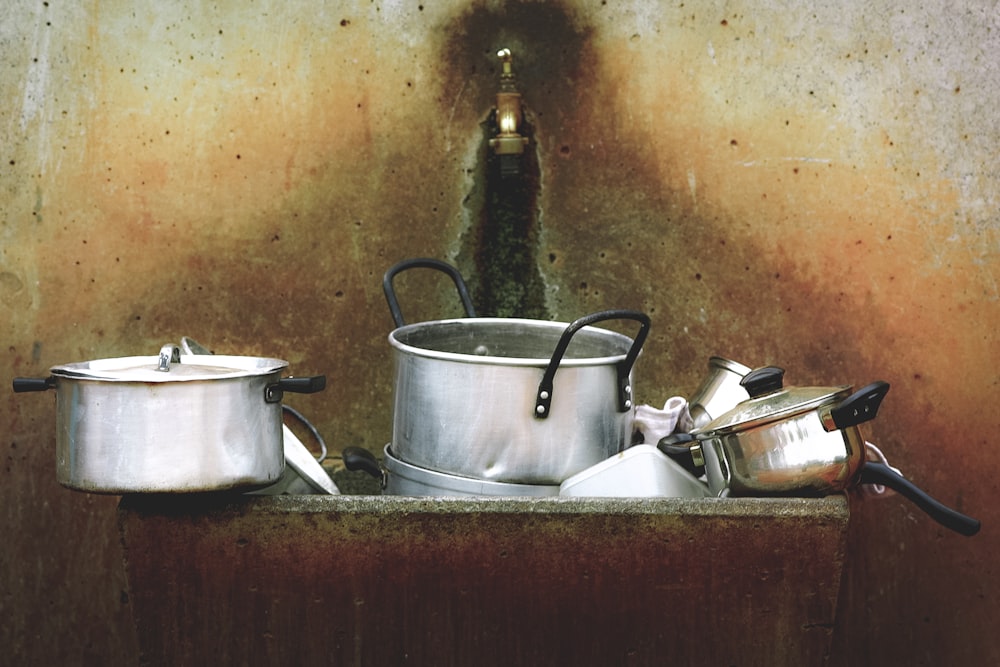Come on Mother’s Washing Day by Vivien Teasdale
The past couple of years have changed so much in our world: the way we readily don masks in crowded places, keep our distance or use hand wipes and gel. Many work from home and families are often doing more activities together than before. People moan about not being able to do this or that, about price rises that mean no more Netflix or days out in the car. It made me think of how life used to be, particularly for women.
Back in the days when marriage meant the immediate loss of a job and the expectation that a wife would stay at home to became the ‘homemaker’ or simply a housewife, they always had a plan. Not a plan to escape or paint the town red some day (though I expect many did just that) but a practical, no-nonsense Yorkshire woman’s plan for the week.
Come rain or shine, Monday was washing day. Shine was no problem. Just get it done, outside and blowing in the wind; in the yard if possible, but often across the street, just as all the neighbours did. But rain meant every room, every potential hanging surface was called into play for all those little, unimportant things like the husband’s shirts.
Everything else went on the creel, hoisted like Nelson’s colours above the fire to dry. What didn’t fit there had to be displayed on chair backs, turned to face the fire so visitors sat watching themselves in the mirror or staring at the three ducks flying forever across the wall. Kitchens and living rooms were damp and smelt of soap, washing blue and starch.
Tuesday meant ironing. The well-brought-up ladies sprinkled water on the iron to check the temperature; lesser folk simply spat at the plate and watched the bubbles sizzle. Once electricity came along, irons could be plugged, very dangerously, into the light socket, the lead hanging down above the ironing board. Everything came off the creel to be tortured with the instrument and everything went back up to air until it was folded into the relevant drawers.
Wednesday was cleaning, scattering water over the carpets to keep the dust down before sweeping up. Anything small enough had the dirt loosened by being shaken vigorously, larger items such as rugs would be hung over a rope outside and beaten with a wicker bat.
Thursday meant baking, stretching whatever food was left in the house into meat and vegetable puddings or hedgerow pies (which got their name from the collection of herbs and vegetation out of the hedgerow to provide extra taste) for tea. For many, it was case of bread and jam or the delights of bread and dripping. Tripe or blocks of cold, cooked rice dipped in batter and fried might be their only sustenance on this dreadful day of the week.
Friday was pay day! Sitting in the counting house to decide whether Peter or Paul should be paid this week and dividing up the coins into labelled tins, ready for the rentman to arrive or perhaps the man from the Pru to collect the meagre premiums that might produce a small bonus one day.
The weekend was marginally easier. Shopping on Saturday for a good Sunday lunch. A joint, bought as late in the day as possible, because then the price would be reduced to clear the butcher’s stock. Of course, few houses had refrigerators in those days so couldn’t keep meat for long anyway. There was just a cold slab of marble or stone in the pantry to help the meat remain edible until needed. Then there were the eggs and milk for the inevitable Yorkshire pudding, eaten before, with or after the main meal according to taste, and, if you were lucky, a fruit sponge and custard for tea on Sunday.
Not one day of rest for the ‘angel in the house’. And then it all started again, like a fairground roundabout. We have such a lot to be thankful for, these days.

This is a reyt good remembrance, Vivien. It certainly puts things in perspective for bairns like me. Ta!
ReplyDelete